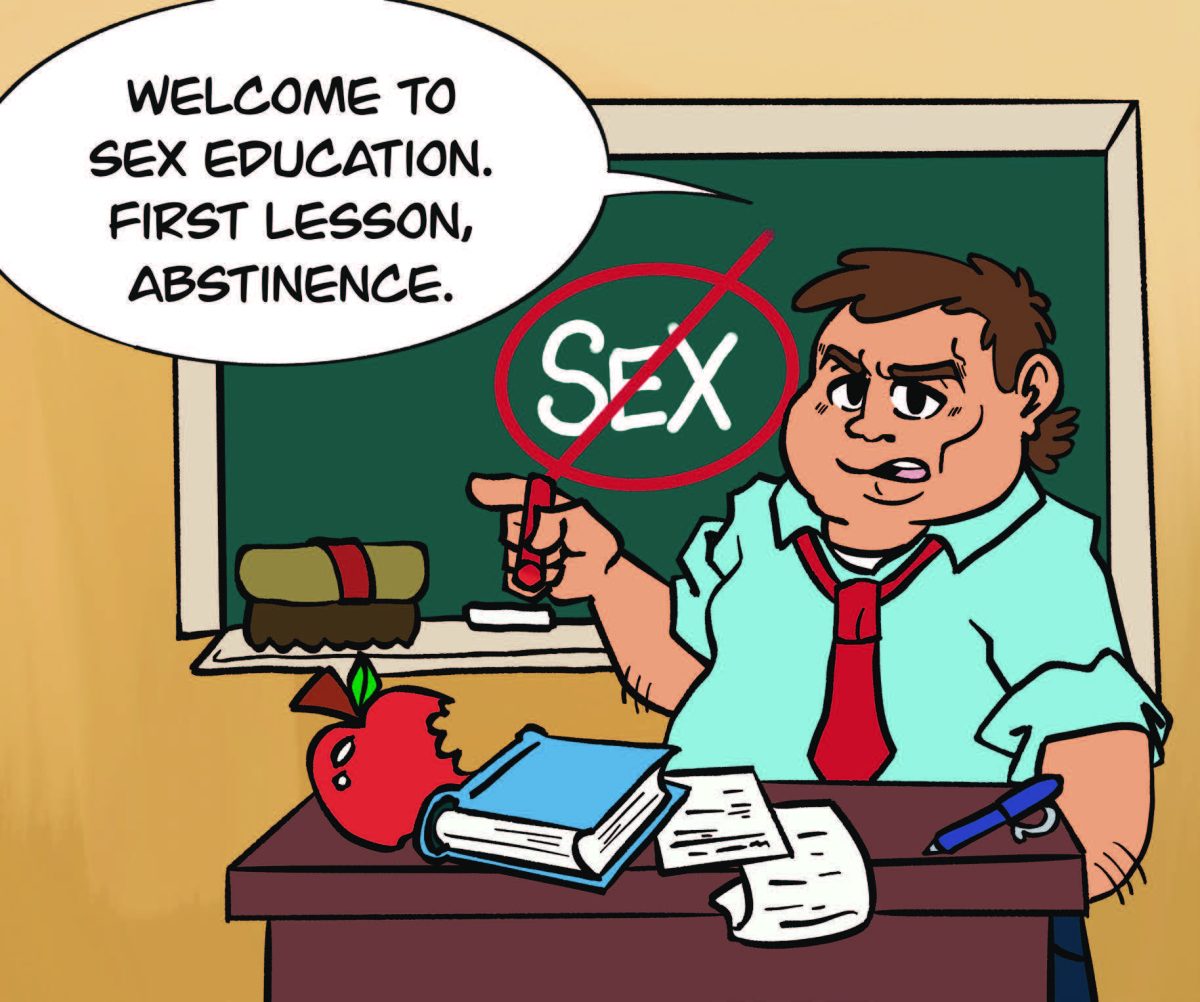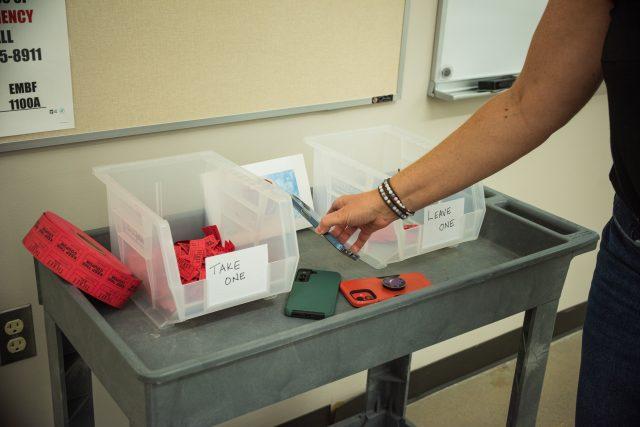OLLA MOKHTAR
campus editor
olla.mokhtar@my.tccd.edu
If it were up to Erica Dubon’s parents, she would be a pediatric nurse.
If it were up to her, she would be a commercial pilot.
Generally speaking, children want their parents’ approval. After all, they’re the ones that raised them. But when those children grow up and discover educational desires of their own it proves to provide conflict in parent and child relationships.
According to NE student Erica Dubon, her relationship with her parents doesn’t have an equal power relationship. And regarding her education it is especially prevalent.
“My dad is the one who’s forceful about it,” she said. “You could say they’re extremely protective but kind of controlling. Most of their intent, hopefully is to be protective even though it moves past that.”
Dubon and her twin brother were adopted as children. Because of this, she felt that she wasn’t 100% family, especially since her parents’ biological child is just four months older than her.
“My older sister Mia is gonna be a pediatric nurse just like how my dad wanted,” she said. “I think maybe part of her being their actual daughter, I feel like that gives her a little bit more leeway.”
Additionally, she said her father is the one pushing for her to become a pediatric nurse like her sister, but it just isn’t something she wants to do.
“I get that he wants me to be able to support myself and everything,” she said. “I want that too, but in another way I feel like he’s a little bit too centered on money sometimes.”
“I’m going to live my life. And I’m not going to try to be a bad person or anything, but I’m gonna make my own freedom.”
– Erica Dubon
NE student
Dubon has informed her family that she doesn’t want to become a nurse but is concerned about their reaction to her chosen career path.
“It’s not like I want to really make them angry or anything like on purpose,” she said. “I’m going to live my life. And I’m not going to try to be a bad person or anything, but I’m gonna make my own freedom.”
She admits that she will always be a bit jealous of people who have parents that are supportive but is grateful that at least her friends or someone else has better parents.
As a business major TR student Faith Dillard described her relationship with her parents as having an equal power dynamic, one that took years to establish with some boundaries. She said she suffered emotional abuse from their treatment and would often have to call-out that behavior.
“Sometimes I always felt like I need to be the mediator, I have to be the one making sure everything’s OK,” she said. “It’s OK for me to have these boundaries. It’s OK for me not to feel responsible for everybody else.”
She believes she was both mentally and emotionally mature and that made establishing boundaries and mentioning hurtful behavior difficult. With this she believed there were other ways to garner support.
“Your chosen family, they can support you in so many different ways and sometimes even better because they’re actually going through what you’re going through or they’ve already gone through it.”
As a mother of two and a longtime educator, Debra Scheiwe, assistant professor of biology at NE said that as the first person to go to college she had supportive parents. She believes there is a different approach to helping children find their own path.
““I think children may need some guidance,” she said. “But I think if they grow up appreciating education, then at some point I think you have to trust your children to make those decisions that are best for them.”
After being a parent for about 30 years she believed parents shouldn’t feel like there was a failure in education when their students don’t pursue their path. Instead they should encourage them to appreciate a good education and seek challenges.
Scheiwe also acknowledges the nuance that some people might have when approaching their families with different paths.
“Depending upon family relationships, family dynamics and cultural things, I’m sure that in some families the parental guidance may be pretty significant, even in adult children,” she said. “The only advice I would have would be to have students pursue their dreams and hope that their families understand that their goals are noble. And that when you pursue your dreams, the self-satisfaction that you get would hopefully show parents that students have made the right decision.”
TR student Gracie Harris said having supportive parents allows the student to be successful as they are surrounded by community.
However, with the opposite scenario an absence of a support system becomes detrimental to the dreams the child has because there is no one in their corner.
“Just remember your life is yours and you can do whatever you want to do, be whoever you want to be, love whoever you want. You have the freedom to do whatever and even if you don’t, make that freedom for yourself. Go and conquer the world if you want to.”




































